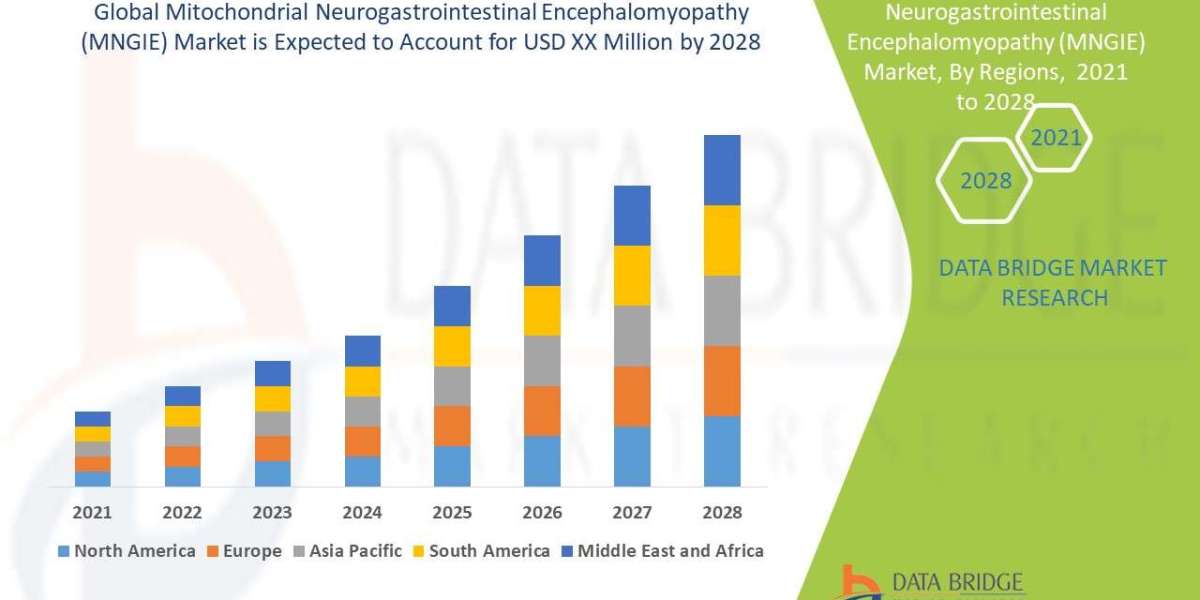In today's rapidly evolving healthcare landscape, the importance of customized software solutions cannot be overstated. These solutions play a crucial role in streamlining processes, improving efficiency, and ultimately enhancing patient care. From electronic health records (EHR) to telemedicine platforms, healthcare organizations are increasingly turning to tailored software to meet their unique needs. In this article, we'll explore seven custom healthcare software solutions that are revolutionizing patient care.
Electronic Health Records (EHR):
EHR systems are at the forefront of healthcare digitization efforts. Customized EHR solutions allow healthcare providers to efficiently manage patient records, streamline workflows, and improve data accuracy. By tailoring EHR software to specific clinical workflows and specialties, healthcare organizations can ensure seamless integration and user adoption, ultimately leading to better patient outcomes.
Telemedicine Platforms:
Telemedicine has emerged as a critical tool for delivering healthcare services remotely. Custom telemedicine platforms enable secure video consultations, remote monitoring, and electronic prescriptions. By customizing telemedicine software to align with existing clinical processes and patient needs, healthcare providers can expand access to care, particularly in underserved areas, and improve patient engagement.
Practice Management Software:
Practice management software streamlines administrative tasks such as appointment scheduling, billing, and inventory management. Customized practice management solutions can be tailored to the unique requirements of different healthcare specialties, ensuring optimal efficiency and revenue cycle management. By automating routine tasks and workflows, custom practice management software frees up healthcare providers to focus more on patient care.
Patient Portals:
Patient portals empower individuals to take a more active role in managing their health. Custom patient portal solutions offer features such as appointment scheduling, secure messaging with healthcare providers, access to medical records, and educational resources. By customizing patient portals to reflect the branding and preferences of healthcare organizations, providers can enhance patient satisfaction and foster greater patient engagement in their care.
Clinical Decision Support Systems (CDSS):
CDSS leverage data analytics and artificial intelligence to assist healthcare providers in making evidence-based clinical decisions. Custom CDSS solutions can be tailored to specific medical specialties and patient populations, providing personalized treatment recommendations, drug interactions alerts, and diagnostic support. By integrating CDSS into electronic health record systems, healthcare organizations can improve clinical outcomes and patient safety.
Remote Patient Monitoring (RPM) Systems:
RPM systems enable continuous monitoring of patient health outside of traditional healthcare settings. Custom RPM solutions utilize wearable devices and mobile applications to collect and transmit real-time data on vital signs, symptoms, and medication adherence. By customizing RPM systems to meet the unique needs of patients with chronic conditions or those undergoing post-operative care, healthcare providers can intervene proactively to prevent complications and reduce hospital readmissions.
Population Health Management Platforms:
Population health management platforms aggregate and analyze health data to identify at-risk populations and implement targeted interventions. Customized population health solutions integrate data from multiple sources, including electronic health records, claims data, and social determinants of health. By tailoring population health management platforms to the specific needs of communities served, healthcare organizations can address health disparities, improve care coordination, and enhance population health outcomes.
In conclusion, custom healthcare software solutions are essential for enhancing patient care in today's healthcare environment. By leveraging technology to address specific challenges and optimize workflows, healthcare organizations can improve clinical outcomes, increase operational efficiency, and ultimately, deliver better care experiences for patients. From electronic health records to population health management platforms, custom software solutions are driving innovation and transforming the delivery of healthcare services.



